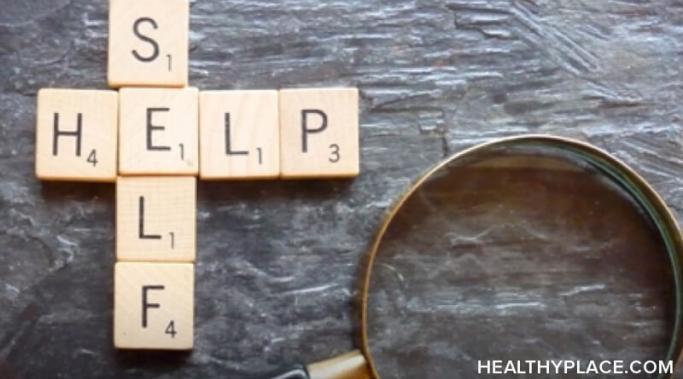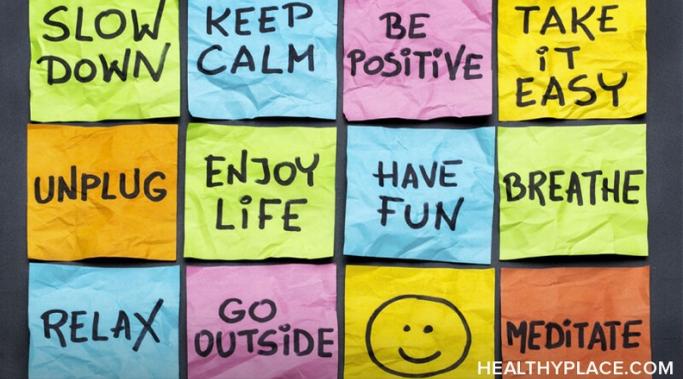Blogs
We often think of fear and pain as distinct experiences, one physical and one emotional. Emotional pain, however, is just as real as physical injury, and when self-harming and anxiety are intertwined, they may form a vicious cycle from which it can be difficult to break free.
Nighttime anxiety can make it hard to fall asleep and stay asleep. Somehow, anxiety can seem even louder during the night than it does during the day; perhaps because the world is quiet and you are trying to get some much-needed sleep. Nighttime worry is exhausting and can make you feel tired but wired the next day. It's natural to toss and turn, tangling with anxious thoughts and feelings, but doing so simply fuels them and makes them even more intrusive and obnoxious. Read on for a tip on how to handle nighttime anxiety and worrying at night.
Verbal abuse in relationships isn't acceptable, but I've often wondered if verbal abuse is forgivable. Throughout 15 years of brainstorming and therapy, I came to a conclusion — verbal abuse can be forgivable in some situations, however, the abuser has to work on himself, put in the necessary effort, and actually change.
One of the most important things I've learned throughout my recovery is that I'm not just recovering from depression and anxiety; I am recovering from negative core beliefs about myself. Now that I have my depression and anxiety managed through medication and cognitive behavioral therapy (CBT), it's time to start changing those negative core beliefs and healing from the damage they cause.
I understand it's a privilege to have a solid and committed eating disorder support network. I know that some people must fight the treacherous current of their eating disorders alone. But I am fortunate to pursue recovery with the relentless encouragement of so many loved ones around me, and I just feel compelled right now to share an open letter to those in my eating disorder support network who stuck with me throughout this entire ordeal.
Did you know that the average American adult spends one-quarter of their life at work?1 With all the time we spend working, it's critical that we each take the time to set our career goals and make thoughtful decisions about what we want out of our working lives. No one wants to be stuck at a dead-end job, and life really is too short to spend years plodding along on an unfulfilling career path.
This post is mainly geared not to others with anxiety, but to any allies who may be reading to better understand how to help someone with an anxiety disorder.
Going by my conversations with friends and readers, COVID-19 has given rise to a new kind of depression: quarantine depression. As the term implies, it is a direct result of the quarantine. But like most things in life, there are ways to manage it so that it doesn't consume you. Here are some tried and tested tips that I am using to reduce the intensity of my quarantine depression.
A change of perspective can do wonders to change your mindset, and this is why, when my destructive thoughts get to be too much, I go to nature to support my eating disorder recovery.
Since my brother was diagnosed with anxiety and depression, all types of people have tried to give him advice on his mental health symptoms. Many of these people have no experience of a mental health diagnosis themselves -- and while they mean well, their mental health advice could actually exacerbate depression and anxiety symptoms if my brother followed it.









